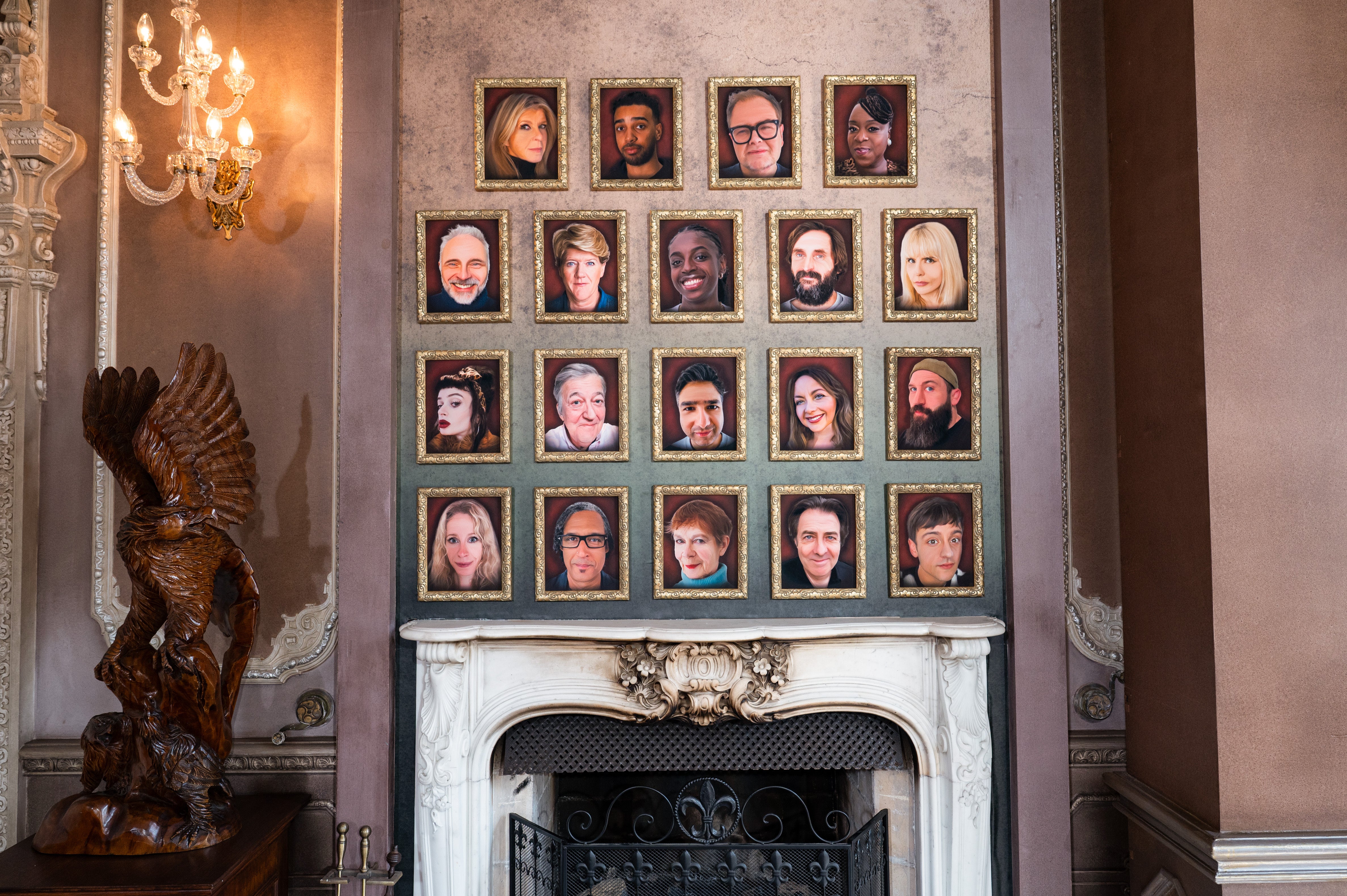I Made A Walking Change Ahead Of Clocks Going Back, And My Sleep Is Already Better

<div><img src="https://img.huffingtonpost.com/asset/68f8a76d180000832efe3da5.jpeg?ops=scalefit_630_noupscale" alt="Recent morning walk" data-caption="Recent morning walk" data-credit-link-back="" data-credit="Amy Glover / HuffPost UK" />Recent morning walk</div><div class="content-list-component text"><p>Though the <a href="https://www.gov.uk/when-do-the-clocks-change" target="_blank" rel="noopener noreferrer">upcoming clock change promises</a> an extra hour in bed, some experts think that doesn’t actually happen in real life. </p><p>Instead, <a href="https://www.health.harvard.edu/blog/daylight-saving-time-fall-back-doesnt-equal-sleep-gain-201311012514" target="_blank" rel="noopener noreferrer">Harvard Health writes,</a> “Many people don’t, or can’t, take advantage of this weekend’s extra hour of sleep. And the resulting shift in the body’s daily sleep-wake cycle can disrupt sleep for several days”. </p><p>That’s partly why sleep experts reccomend “staggering” your bedtime in the lead-up to the clocks going back this weekend (<a href="https://www.gov.uk/when-do-the-clocks-change" target="_blank" rel="noopener noreferrer">26 October</a>). </p><p>“One of the worst things you can do when the clocks go back is to ignore your sleep schedule and expect your body to instantly adjust,” sleep expert Alison Jones from <a role="link" href="https://www.sealy.co.uk/" target="_blank" rel="noopener noreferrer" data-vars-item-name="Sealy UK" data-vars-item-type="text" data-vars-unit-name="68de499ce4b061482223ed61" data-vars-unit-type="buzz_body" data-vars-target-content-id="https://www.sealy.co.uk/" data-vars-target-content-type="url&quo
Read original
Huffington Post




